Standardised Romansh a failure in everyday life, says report
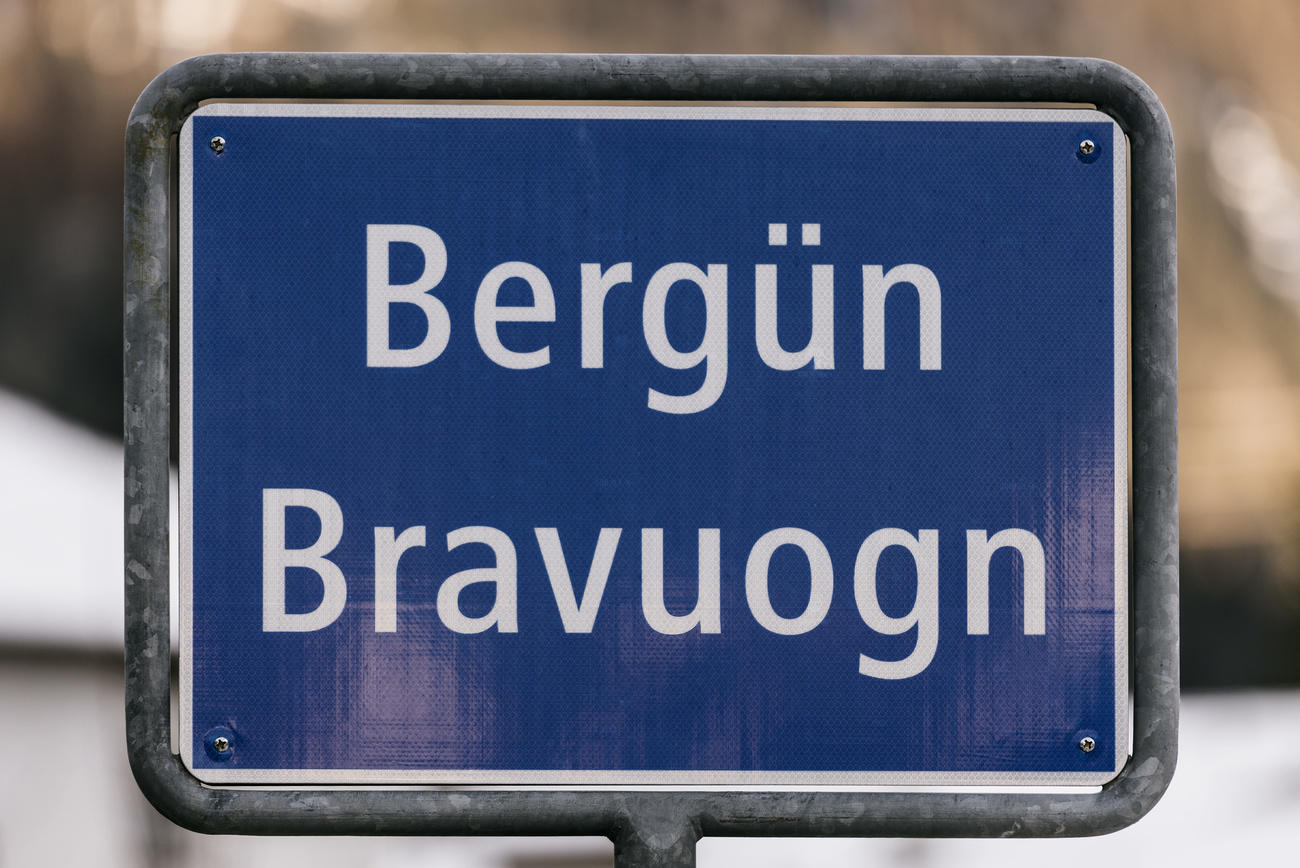
Romansh Grischun, the artificially created, standardised form of Switzerland’s fourth national language, has not been widely adopted by citizens who speak different idioms.
According to a study commissioned by the federal government, Romansh Grischun has failed in its role as a bridge between different idioms of Romansh spoken in the southeastern Swiss canton of Graubünden. The report, prepared by the Centre for Democracy Aarau on behalf of the Federal Office of Culture (FOC) and released on Friday, examined the utility of measures intended to promote Romansh in Switzerland’s largest canton.
Like other Romance languages, Romansh actually comes from a mixture of Vulgar Latin and local languages – in this case Celtic and Rhaetian languages. Romansh is partially endangered because of its fragmentation. Graubünden’s remote valleys have given rise to numerous Romansh dialects and five different written languages (idioms), making it difficult to preserve a single version. Romansh Grischun was created in 1982 to get around this problem and has been an official language in Graubünden for over 20 years.
According to the report, the overwhelming majority of those surveyed “regarded this attempt as a failure”. The written language had actually caused new problems, including loss of knowledge of idioms among teachers. In addition, Romansh Grischun was found to have limited use in daily life because the Romansh-speaking population prefers German over the artificial language.
The study’s authors propose more focused use of financial resources to promote the language in education. They recommend the teaching of Romansh from crèches to universities. They also want to extend the model of bilingual kindergartens and primary schools to more German-speaking communities.
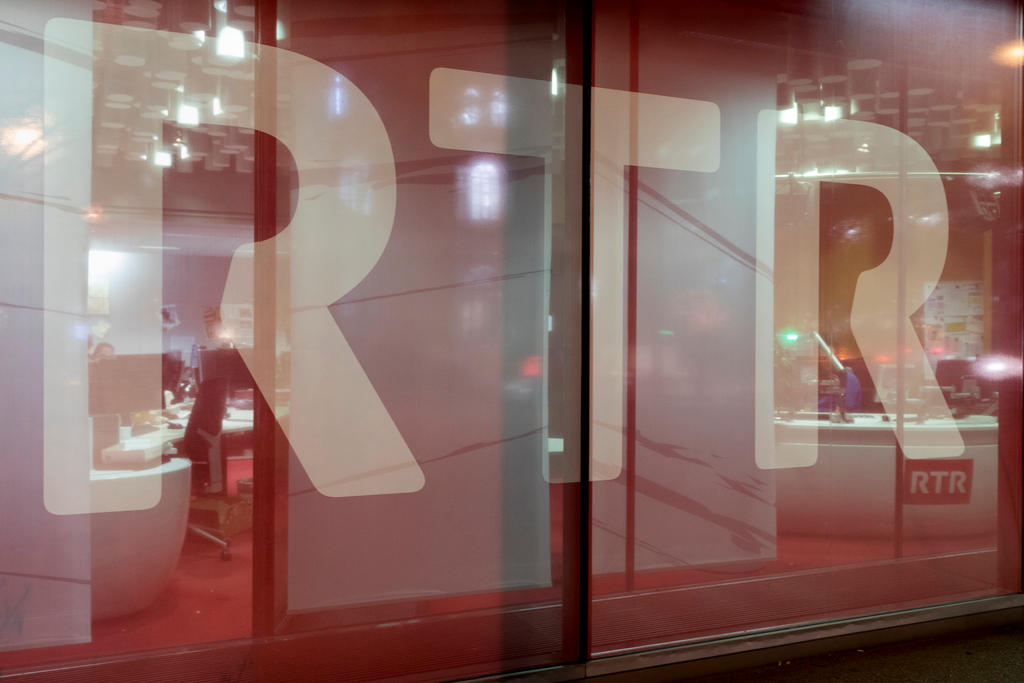
More
Romansh-speakers call for more government support

In compliance with the JTI standards
More: SWI swissinfo.ch certified by the Journalism Trust Initiative
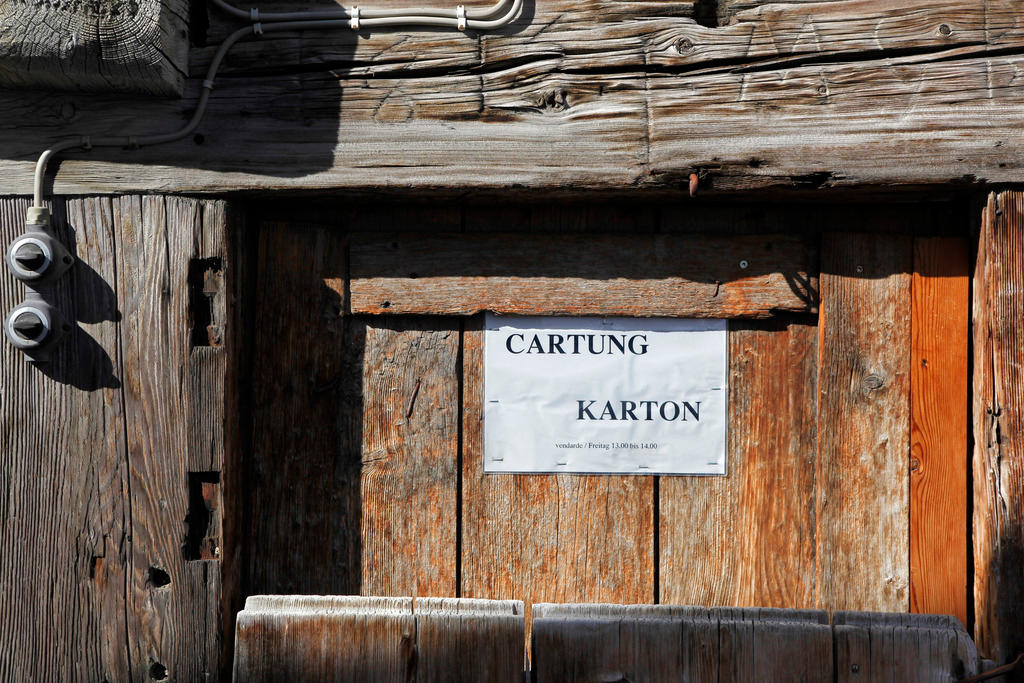
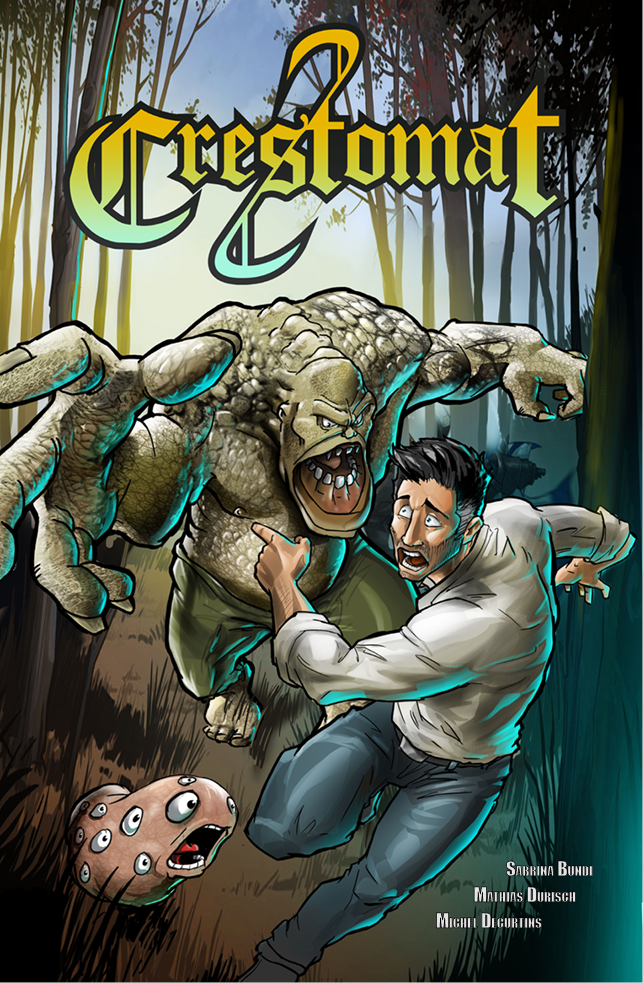

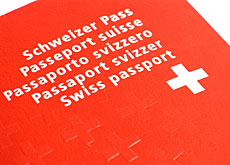
You can find an overview of ongoing debates with our journalists here. Please join us!
If you want to start a conversation about a topic raised in this article or want to report factual errors, email us at english@swissinfo.ch.